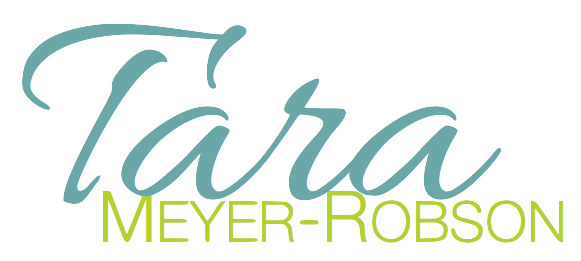
Empaths: Here’s the REAL Lesson Jerks are Teaching You (And Your 5-Part Survival Plan)
In a conversation with a life coach acquaintance of mine, the topic turned to a guy she was working with on a project. He was rude. He was arrogant. He talked over her and took her ideas as his own. He was male chauvinist in a way I hadn’t seen in a while. He was, in no uncertain terms, a gigantic jerk.
Upon pausing from describing his vile behavior, she said, “Ah, well. He’s a wonderful teacher.”

How to Stop Auto-Helping: 4 Steps to Deciding Whether You Should Get Involved
Are you an "auto-helper?"
If you instinctively help regardless if you have the time, money, or inclination to do so and end up running the to rescue for every sob story or cause which crosses your path, then you are.
Because you help automatically, you can end up getting in way over your head with the amount of assistance or money which is requested. When this happens, you'll either push yourself to the point you are financially or physically broke, or you’ll develop resentment over all you’re doing with no one assisting you.

What Back Pain is Trying to Tell You About What's Off in Your Life
Do you have back pain? Does your low back feel like it is knotted and achy? Have you ever had a herniated or slipped disc?
If so, you are dealing with issues of support and flexibility in your life. Let me help you translate what your body is trying to tell you, so you can heal!

How to Feel Safe: Dealing With Anxiety by Creating Your Own Security and Peace of Mind
Perhaps the greatest stress you will ever face is the impression that you can't protect yourself from life itself.
I have certainly had moments like this. A few years ago my husband and I went through two hurricanes, completing renovations on our house, putting it on the market, a cross-country move, and the death of my beloved grandmother all in a four week period (actually, all but one hurricane happened in one week). I have never been so stressed out in my life, and I began to notice that I was constantly looking over my shoulder, waiting for the next disaster to happen.
